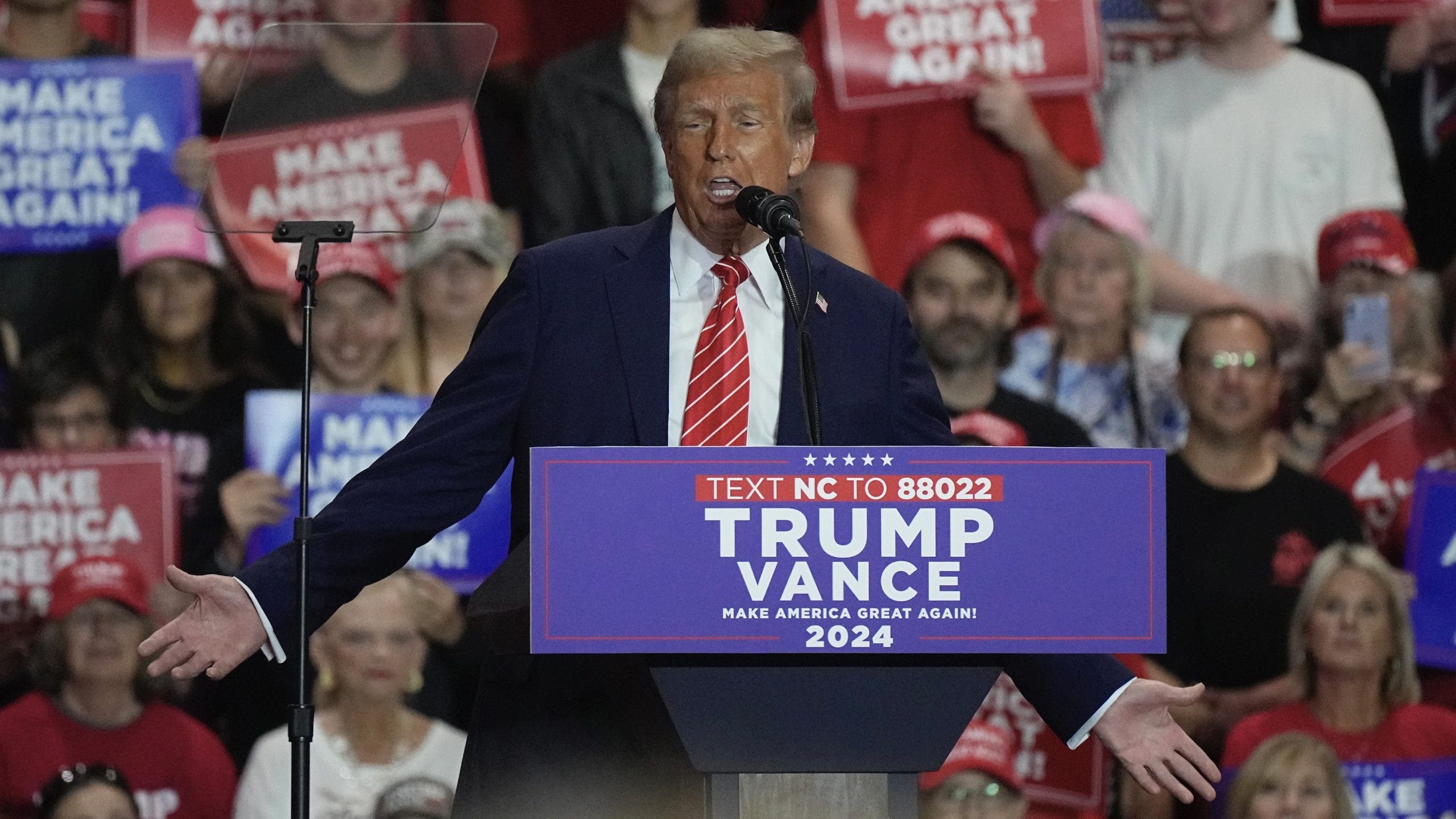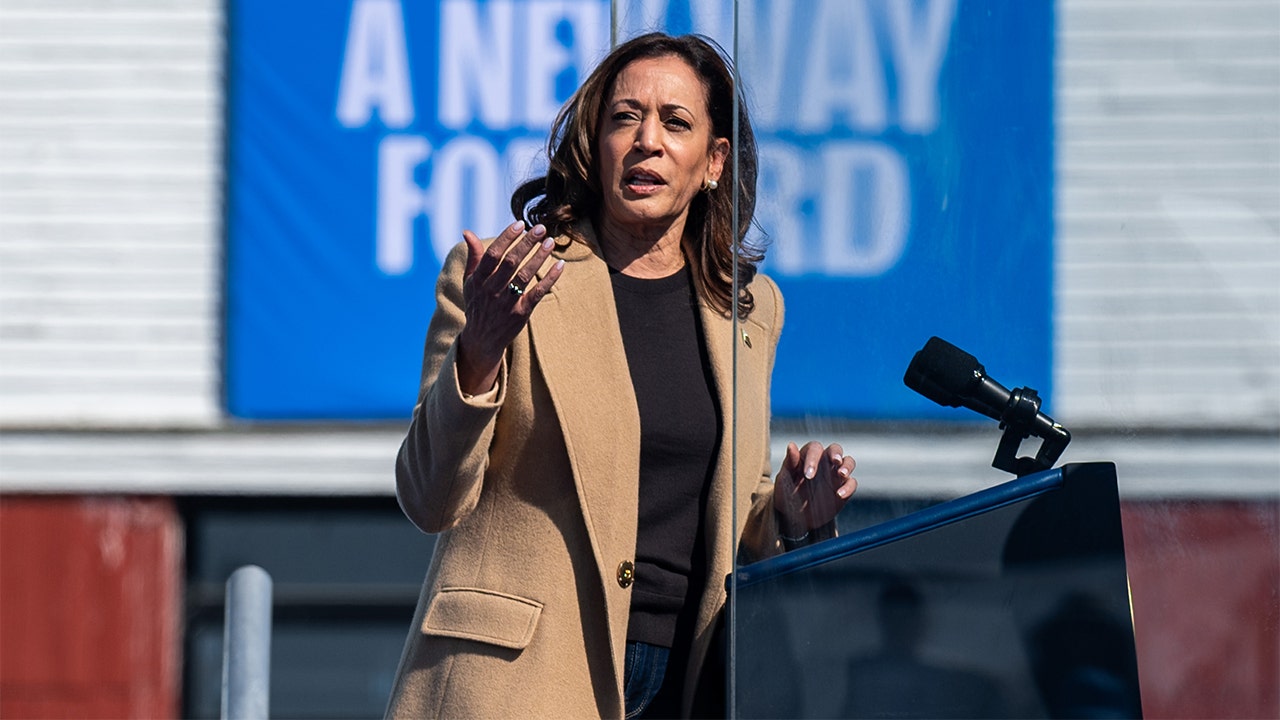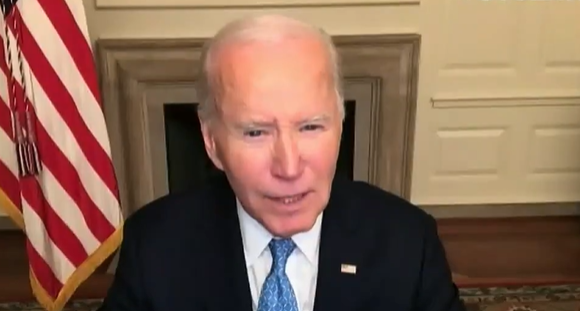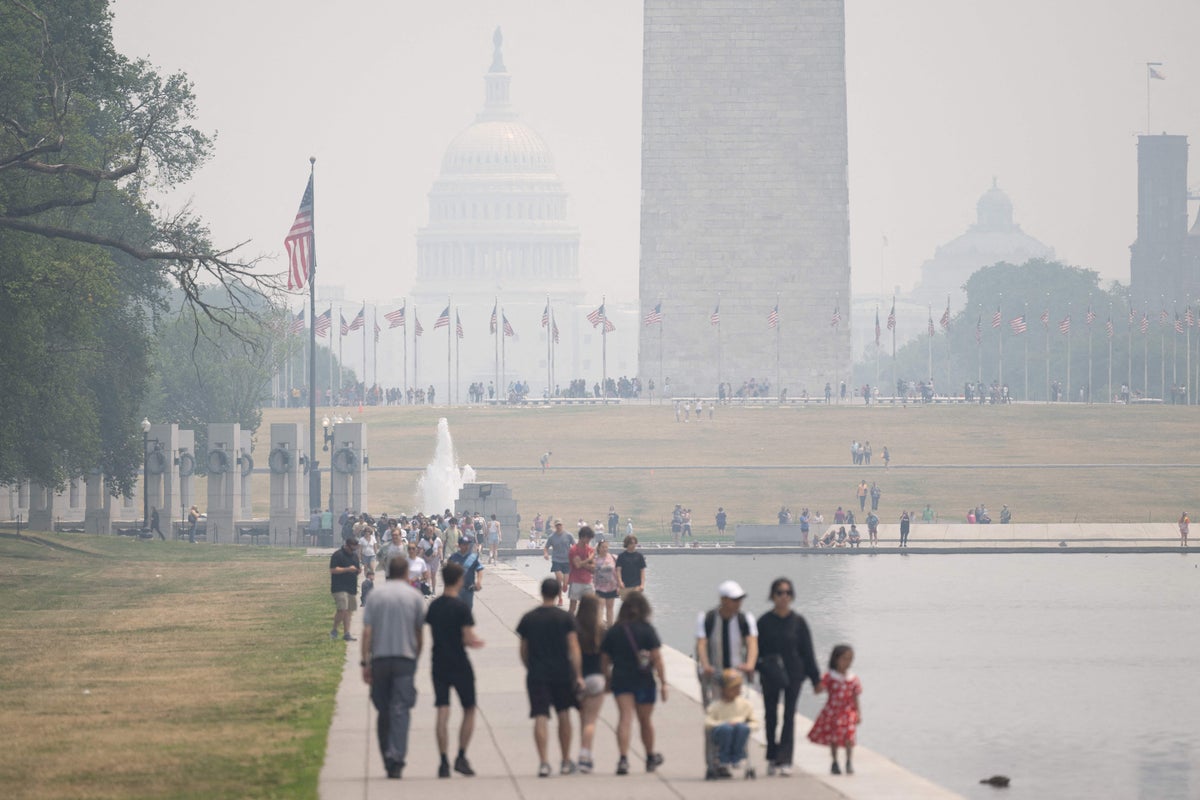Voters cast a ballot at a polling location in the Minato District of Tokyo, Japan, on Sunday, July 10, 2022.
Toru Hanai| Bloomberg | Getty Images
Japan’s Prime Minister Fumio Kishida doesn’t appear to have the “political capital” to revise the country’s historic post-war constitution despite securing a decisive win in the latest upper house elections, according to one analyst.
Kishida’s ruling Liberal Democratic Party won 63 seats, while its coalition partner, Komeito, obtained 13 seats, to win a majority of the contested seat for Sunday’s polls, according to a Reuters report.
The elections took place in the shadow of the assassination of Prime Minister Shinzo Abe, who was gunned down Friday while on the campaign trail — in an event that shook the nation where gun violence is very rare.
The sweeping victory meant Kishida has enough control of both chambers to propose constitutional amendments.
But the prime minister is unlikely to make any real movement on that front soon, said Tobias Harris, senior fellow for Asia at the Center for American Progress.
“Given the inflation environment, given you know that basically Kishida’s numbers — his approval rating falling over the course of the campaign — I mean it didn’t matter for the election. But he’s not going to feel like he’s got that kind of political capital,” Harris, told CNBC’s “Squawk Box Asia” on Tuesday.
“Also let’s not forget he’s going to use the remainder of the year to do a big updating of national security policy. We got a big debate about the defense budget heading into the next fiscal year,” he added. “We’ll have to see where things look, maybe a year from now.”
Under Article 9 of Japan’s post-war constitution, the country pledged to “forever renounce war” after it was defeated in World War Two. As such, its defense force is not allowed to wage war except to defend the country.
Public opinion
Recent public opinion surveys seem to suggest the Japanese people are steadily moving away from pacifism in the wake of Russia’s war against Ukraine.
“There’s still the question of: ‘How do you get the opposition parties on board?’ The LDP has always made clear that it was reluctant to do this, unless it can at least get every party to sign onto the process because the risks of appearing to steamroll the constitutional revision, could mean that you lose the referendum,” Harris said.
“But if you can’t win the referendum, you don’t get the revision. They’re going to want to make sure everything is just right.”
With regard to the constitutional amendments, Kishida told state media NHK hours after polling closed for the Upper House elections on Sunday, that he will look into developing draft revisions that can be put to a nationwide referendum.
He also said he will also seek to gain the public’s understanding on the amendments to the constitution.
“There’s definitely the supermajority there in a parliamentary sense to move ahead with some constitutional change,” Simon Baptist, global chief economist at the Economist Intelligence Unit, told CNBC on Tuesday.
Public support is “probably not there yet,” he said, adding: “We’d need to see some dialogue with the public and some kind of national process there.”
“However, there’s a lot that can be done by stretching the definition of self-defense, which has been done,” Baptist added.
“I mean Abe did a lot of it and I think the government will continue to do so using the war in Ukraine as a reason to extend what Japan’s going to do.”























































.jpg)